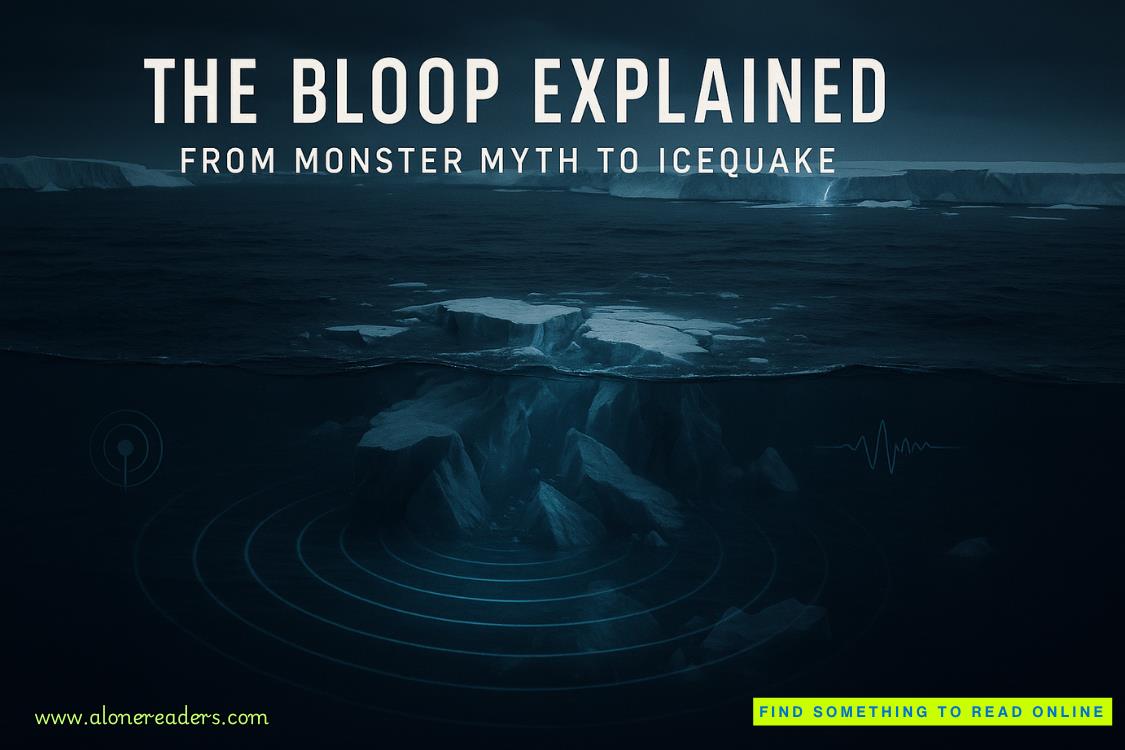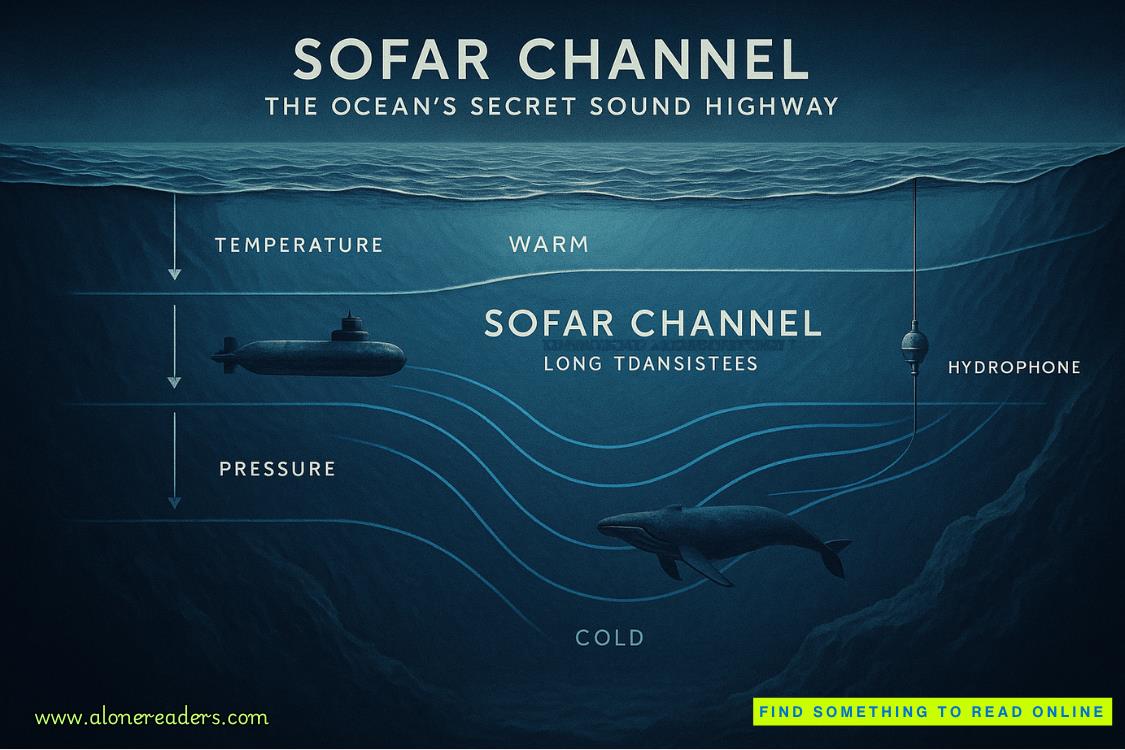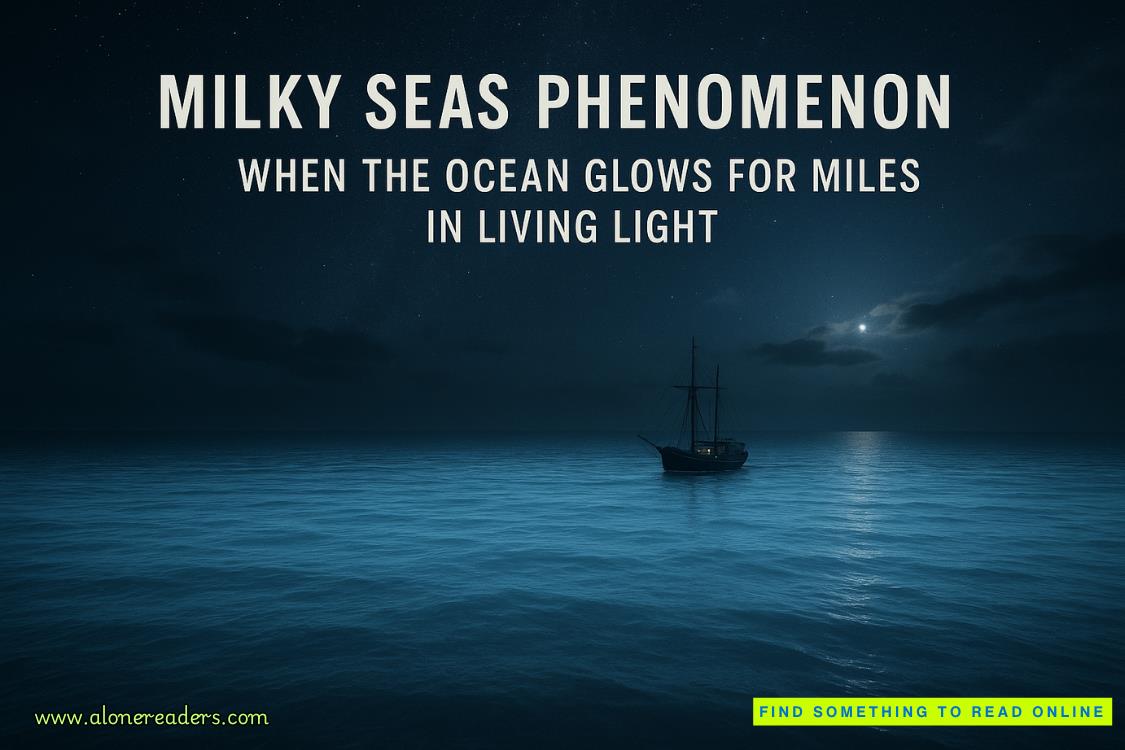Page 59 of The Little Liar
If you think of our story as a child’s snow globe, then this is the moment when we shake it hard and the various pieces churn in the water, dancing with gravity on their way to a new resting place.
Decades passed. Locations changed. Work was found. Children were born. But even oceans apart, Nico, Sebastian, Fannie, and Udo were still affecting one another, their lives braided together by their truths and their lies.
Shake the globe, and twenty-two years after we last saw them, this is how each of them landed.
Nico became rich.
Sebastian became obsessed.
Fannie became a mother.
Udo became a spy.
Allow me to elaborate:
First, to Nico’s story.
My precious child who had always told the truth slipped away from me for good after Auschwitz. Seeing how the Wolf had murdered his people and turned their corpses to ashes—and realizing he had inadvertently played a part—sent the once honest boy into a world where I do not exist.
Psychologists call it “pathological lying.” It refers to lies that do not serve a purpose, or even help the person telling them. They are simply choices made out of a disorder, a mental illness, or, in Nico’s case, because the trauma of truth was so blinding it burned his eyes to me forever.
Nico, who had deceived to do the nearly impossible—sneak his way into Auschwitz—now began lying about the simplest of things. What books he liked. What he’d eaten for breakfast. Where he purchased his clothes. He couldn’t help it. Every straight line became crooked.
***
I mentioned that Nico became rich. Lying helped that happen.
By 1946, he had made his way back into Hungary, with hopes of reuniting with Katalin Karády. He still carried all his forgery tools, but the money from Udo’s bag was mostly gone. He needed funds.
On a train heading toward Budapest, Nico fell asleep and was nudged awake by a conductor asking for his ticket and papers. Groggy, Nico reached into his bag and began to remove the brown German passport, before realizing his mistake and grabbing the Hungarian one instead. The conductor didn’t notice. But the passenger sitting next to him did. He looked to be about thirty years old, with a scar on his left hand. Hestared at Nico until the conductor moved on. Then he leaned over and spoke in German.
“Can you get me one of those?”
“One of what?” Nico said.
“A Hungarian passport.”
“I don’t understand.”
“Sure you do. I saw that German one. You don’t fool me. A man with two passports these days can get three.”
“I don’t know what you’re talking about.”
“Come on. How else would you speak German? You get me a Hungarian passport, I’ll make it worth your while.” He held out his hand. “I’m Gunther. From Hamburg.”
Nico thought for a moment.
“Lars,” he said.
“From?”
“Stuttgart.”
“You have an accent.”
“My family moved to Hungary when I was young.”
“What are you now, sixteen, seventeen?”















